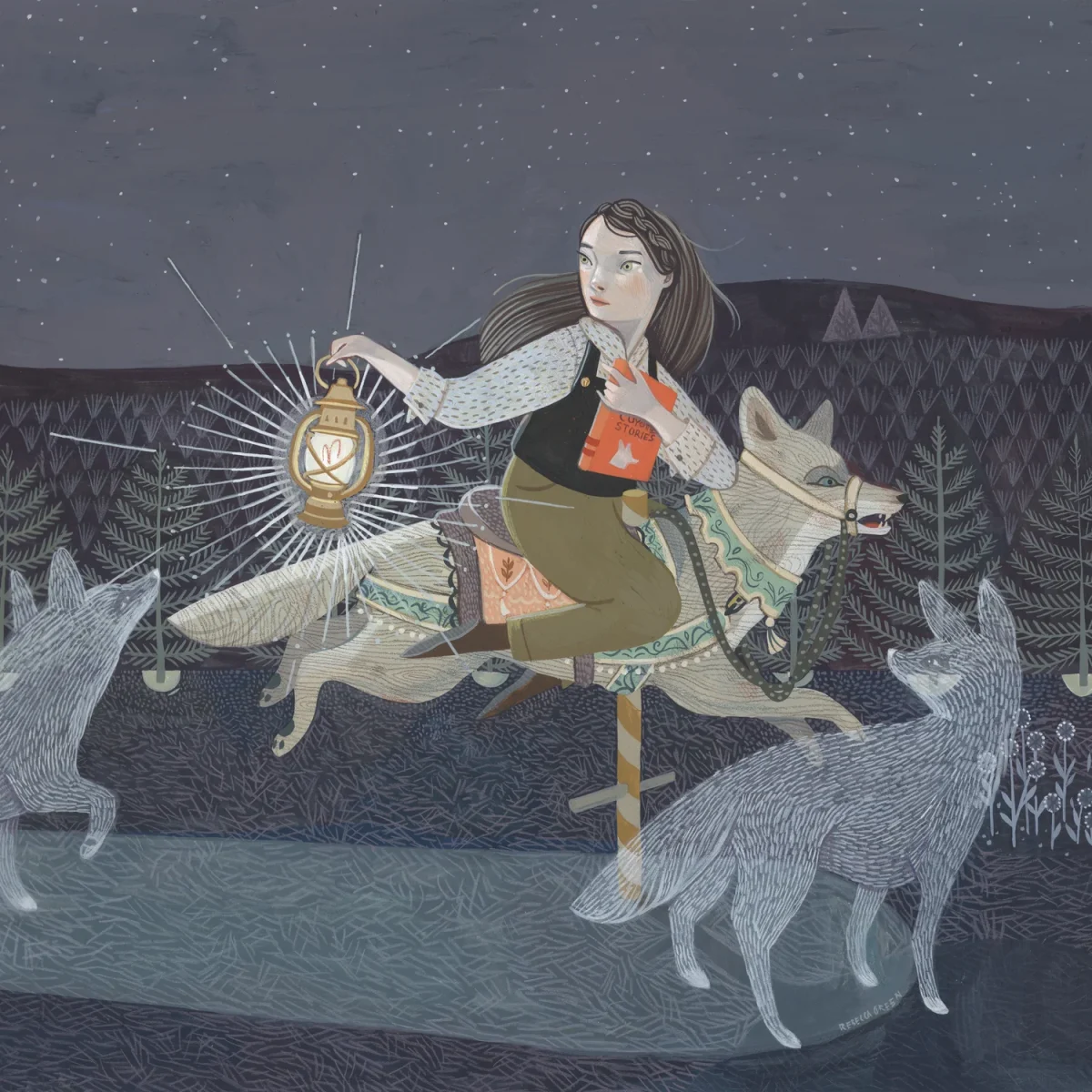Sometimes, the scariest part when you’re hurt isn’t the pain, it’s the dawning horror that you can’t feel anything. Mitski is a Japanese-American indie rock singer-songwriter known for her poetic lyrics and emotionally deep songs that explore common themes of solitude, emotional detachment or suppression, identity and complexities of the 21st century. In 2016, she released “Fireworks” as the fourth track on her Puberty 2 album. The song is a reflection about the phenomena of trauma and depression, illustrating an ideal of learning to live with emotional pain instead of trying to get rid of it. She uses vivid imagery and metaphors to convey a fear of numbness and the silent acceptance of unresolved trauma. This imagery shows how silence’s “quietness” can be experienced as both a safe place and it can be a prison.
“Fireworks” explores the theme of fossilized sadness, a sadness that is so old and deeply ingrained that it has become a permanent part of someone’s being, like an object that becomes fossilized in stone. She uses lyrics such as, “One morning, this sadness will fossilize // And I will forget how to cry,” which describes a defensive mechanism against overwhelming pain and establishes a tone of profound sorrow, as her voice sounds defeated and miserable. This sorrow has become a constant, unchanging part of the speaker. These lyrics are then followed by the lines, “I will go jogging routinely // Calmly and rhythmically run.” Mitski believes that her intense sadness will turn into a hard, unchanging and permanent part of her inner being, like a fossil, allowing her to continue living her daily life without being consumed by emotions. The line, “And when I find a knife sticking out of my side,” implies the continuous and intense pain that she still experiences. She says that she will “pull it out without questioning why” signifying a normalization of her suffering, as it no longer shocks or concerns her anymore.
Mitski’s word choice is poetic and relies heavily on metaphors and imagery. Another major theme this song explores is unresolved inner turmoil and external apathy. Mitski says that she will be “married to silence,” settling to live without feeling. This line is followed by “the gentleman won’t say a word,” which, the “gentleman” can be seen as her inner self, symbolizing an isolating internal experience of enduring pain without outward expression. She has an outward appearance of numbness, but her yearning diction describes how inside she’s experiencing “a river that’ll never find home.” Despite “marrying silence,” she’s still aware of the river, her sadness, that still flows inside her, saying that the “river” won’t resolve because it has nowhere to flow freely. The flowing sadness is a restless force that is internally trapped in a numb exterior.
Finally, we have the fireworks themselves, the central metaphors and most important one, as it’s the title of the song. The sound of fireworks on a warm summer night, usually signifying a celebration, is a trigger for unwanted memories that shatter Mitski’s idea of emotional detachment. You know this because the loudness of the fireworks startle her and cause a reaction. The memories break through the deep hardness that was fossilized, forcing her to recognize that she’s so far removed from a ‘normal’ life. The sounds of the fireworks aren’t celebratory anymore, rather, a catalyst of revisiting past experiences and memories.
“Fireworks” is a beautiful song with a kind of duality, as it can be seen as both hopeful and tragic. While the narrator is developing a tougher exterior, there’s a relentless presence within herself, just waiting to break out, even if this “presence” is just a suffering that will never “find home.” In her song “Fireworks,” Mitski uses a mix of metaphors and vivid imagery to depict a state of apathy and the experience of running on autopilot with little reaction to her suffering. She explores themes of numbness, silent acceptance and the complexity of that silence. Apathy is often seen as the absence of feeling, however it can also be a learned behavior as a coping mechanism for repeated pain in one’s life.






